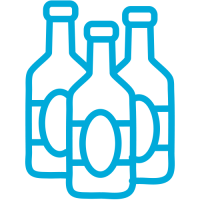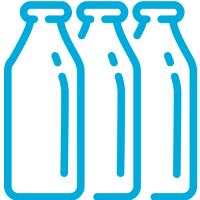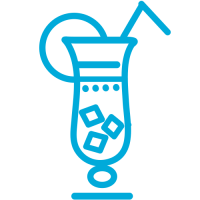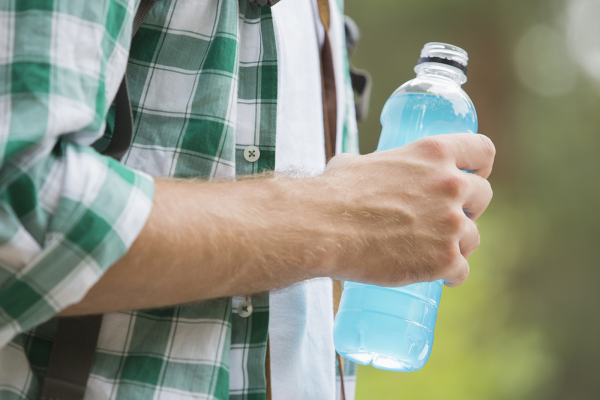Protein
Protein became widely popular in the mainstream food and beverage industry in the 70s and 80s. Most early protein beverages were made with whey protein, and involved mixing a rather chalky powder into water or milk in order to make a “protein shake.” Today, protein manufacturers are more advanced, creating protein drinks with better texture, flavor, and more health benefits overall.
Protein Drink Formulation and Development
With consumers taking an increased interest in health and wellness, protein drinks have again been pushed to the front of the pack by the functional food boom. Protein is popular among those who live an active lifestyle for its aid in muscle building, repair, and recovery, as well as its potential to curb appetite and manage weight loss.
Modern protein brands are appealing more and more to the everyday, non-athlete consumer with accessible and novel protein beverages like protein water, coffee, and tea. Beverage brand owners are also modernizing the types of protein they are putting into their drinks with a growing variety of plant-based options and branch chain amino acids (BCAAs).
How BevSource Can Benefit Your Protein Drink Production Process
With protein drinks growing in popularity, you need a reliable manufacturing partner that can ensure your beverage can adapt to market changes with ease. Some benefits of forming a partnership with BevSource include the following:
- Resourcefulness: When working with BevSource, you rarely hear the word no. We pride ourselves on being creative problem-solvers and are relentless in finding new and innovative ways to bring your product vision to life.
- Industry insight: Our team brings years of industry insight and expertise to strategize, problem-solve and plan for the success of your beverage. From formulation to procurement, our specialists will guide beverage brands through commercialization and avoid costly mistakes that cost time and money.
- Relationships: BevSource can help you navigate supply chain issues by providing purchasing efficiencies and offering a reliable ingredient supply. We will find a beverage production partner to make your beverage to your specifications and ensure it can scale as your business grows.
- Expertise and experience: Beverages are our primary focus. When it comes to helping clients make their beverage dreams come true, we are happy to use our years of industry experience and partnerships with protein shake manufacturers to provide the guidance you need to make your beverage dreams a reality.
- One-stop shop: BevSource has the operational expertise to make your product shelf-ready. We help brands at all stages, and our beverage compliance experts are always one phone call away.

























